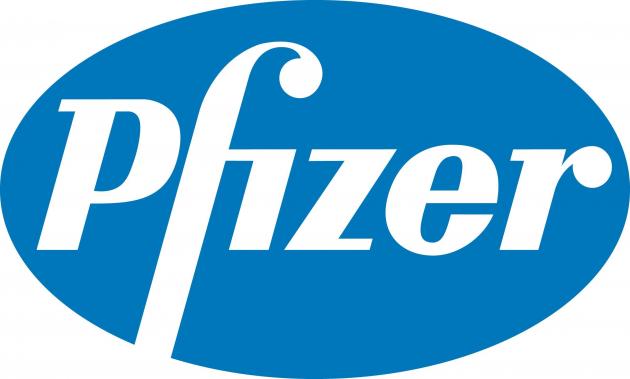
Pfizer Korea said Thursday that the Ministry of Health and Welfare has approved the change in reimbursement in the number of doses and frequency for two of its hemophilia treatments -- Benefix and Xyntha. Benefix is a hemophilia B treatment, and Xyntha is a hemophilia A treatment.
The change in insurance coverage will take effect from this year.
According to the ministry’s revised reimbursement plan Benefix, patients with severe bleeding can now receive a maximum dose of 65 IU/kg (70 IU/kg for children) compared to the previous dose of 52 IU/kg (56 IU/kg for children).
The ministry also added the dosage could increase if the doctor deems that additional dose will help the patient.
Regarding the number of doses, the ministry maintained the original plan of injecting four doses every four weeks for the first visit and three doses for the second visit (four doses for the severely ill). However, the ministry added that with the medical judgment of the physician, a patient could also receive up to seven doses during their first visit (eight severe cases).
For Xyntha, although the ministry maintained the maximum dose of 20 to 25 IU/kg (30 IU/kg for severe cases), it also added a clause that stated the dosage could increase if the doctor deems that additional dose will help the patient.
The number of doses also remains unchanged with a maximum of five doses (six doses for severe cases) during the initial visit. However, depending on the medical judgment of the doctor, it is possible to inject a total of 10 doses (up to 12 severe cases) every four weeks.
Under the revised reimbursement plan of Benefix and Xyntha, the number of doses can increase if the dose is necessary while doctors can adjust the number of visits according to their medical judgment.
The company expects that the hemophilia patients will be able to receive the recommended dose of coagulation factors up to the target level and obtain sufficient doses even in emergencies such as severe bleeding.
Also, the number of prescriptions, which changed from the existing standard of “month” to “four weeks,” can make patients' visit intervals easier.
Pfizer Korea’s has confirmed that Benefix and Xyntha can reduce the annual bleeding rate (ABR) in patients with hemophilia when used as a prophylactic agent, a recombinant blood coagulation product.
Benefix, the most widely prescribed hemophilia B treatment in Korea, Japan, Europe, and Australia, confirmed its efficacy and safety through more than 20 clinical trials over 20 years. The average annual bleeding incidence rate of patients who received weekly preventive therapy with Benefix 100 IU/kg was 3.6, which was statistically significant compared to the mean of the replacement therapy’s 32.9.
During the study period, 48 percent of the patients did not experience spontaneous hemorrhage, and 82.1 percent of the bleeding stopped after the first administration.
The annual bleeding incidence of previously treated severe hemophilia A patients when injected with Xyntha three times a week was 1.9. Also, 45.7 percent of the patients did not have any bleeding during the study period.
“The expanded reimbursement for Benefix and Xyntha are significant in that it has set in place the standard of care that is convenient for hemophilia patients,” said Cho Youn-jin, director of Pfizer Korea’s rare disease division. “Pfizer Korea will continue its efforts and dedication to create an environment in which every rare disease patient can receive better treatment.”

